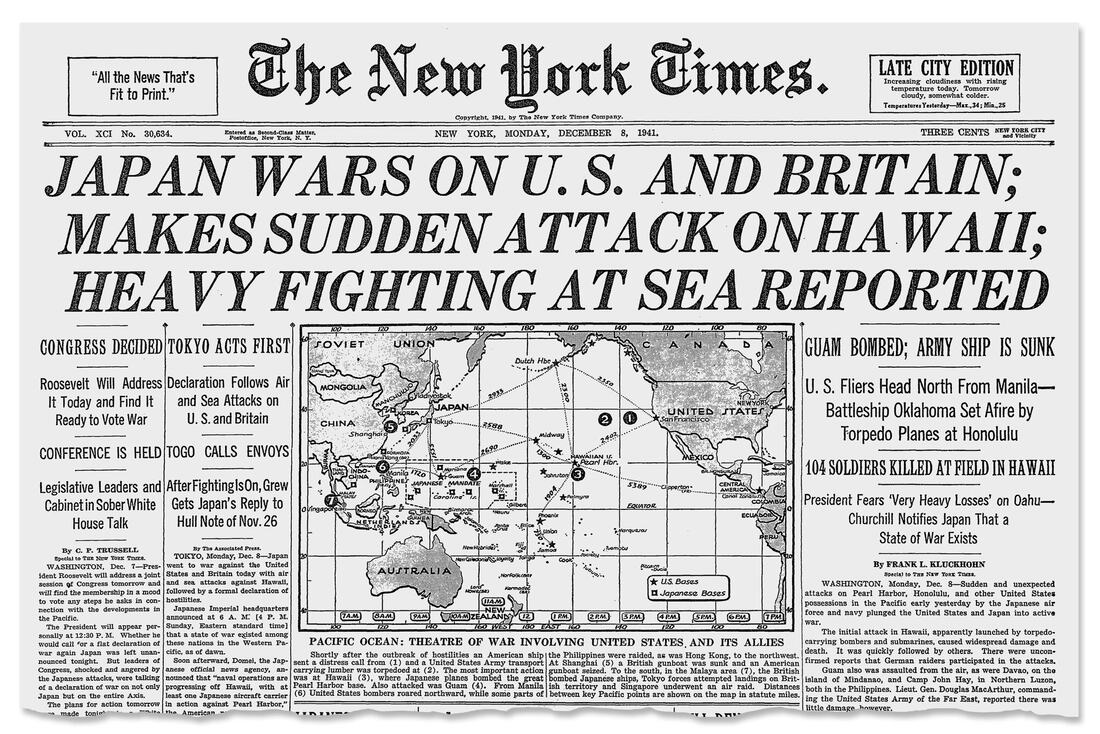BEYOND THE WORLD WAR II WE KNOW
We Are Still Living the Legacy of
World War II
Act III of the war — After the War — is now simply part of our daily reality, in America and globally, writes Tom Hanks.
By Tom Hanks
Sept. 2, 2020
For our “Beyond the World War II We Know,” documenting lesser-known stories from the war, and to commemorate the 75th anniversary of the end of the war, we asked the actor Tom Hanks to write about the complicated narrative of the conflict — and its aftermath.
In the spring of 1939 — “Before the War,” as folks of that generation would say — the New York World’s Fair began a gloriously naïve celebration of “Mankind’s Progress” and visions of America’s future. President Franklin D. Roosevelt opened the fair in a ceremony that was, no lie, broadcast on television. In fact, there were early versions of TVs on display at the fair, along with state-of-the-art railroad trains, airplanes, ocean liners, Crosley radios, a giant typewriter and the new Ford sedans fairgoers could drive themselves on the “Road of Tomorrow” — an upbeat adieu! to the Great Depression, to what was the first act of many American lives.
Sept. 2, 2020
For our “Beyond the World War II We Know,” documenting lesser-known stories from the war, and to commemorate the 75th anniversary of the end of the war, we asked the actor Tom Hanks to write about the complicated narrative of the conflict — and its aftermath.
In the spring of 1939 — “Before the War,” as folks of that generation would say — the New York World’s Fair began a gloriously naïve celebration of “Mankind’s Progress” and visions of America’s future. President Franklin D. Roosevelt opened the fair in a ceremony that was, no lie, broadcast on television. In fact, there were early versions of TVs on display at the fair, along with state-of-the-art railroad trains, airplanes, ocean liners, Crosley radios, a giant typewriter and the new Ford sedans fairgoers could drive themselves on the “Road of Tomorrow” — an upbeat adieu! to the Great Depression, to what was the first act of many American lives.

 RSS Feed
RSS Feed